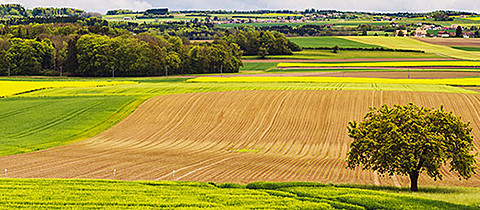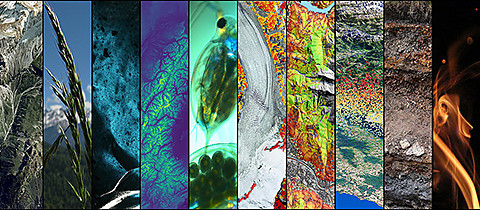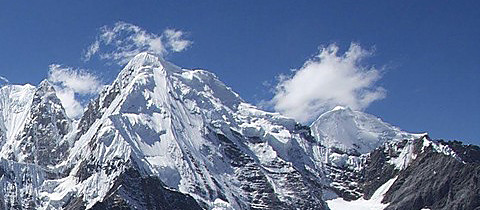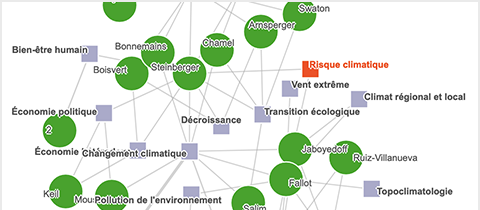Institute of Geography and Sustainability (IGD)
With approximately 130 members, the Institute of geography and sustainability (IGD) develops fundamental and applied research, provides training in research and intervenes in the public debate on major contemporary issues of sustainability.
The IGD relies on its expertise in different environments (cities, margins, mountains, etc.) and approaches the processes of societal, territorial and environmental transformation by integrating skills in geography and human and social sciences.
In addition, the institute offers expertise in certain methodological areas, in particular cartography, quantitative methods and qualitative methods in the fields of geography and social sciences.
Each researcher participates in one or more research collectives: five thematic collectives, five transversal collectives emerging research initiatives.
The IGD develops its activities in two locations: the Lausanne site (Geopolis building) and the Sion-Bramois site. In Sion, the IGD focuses on topics related to tourism and mountain studies (in collaboration with the CIRM).





